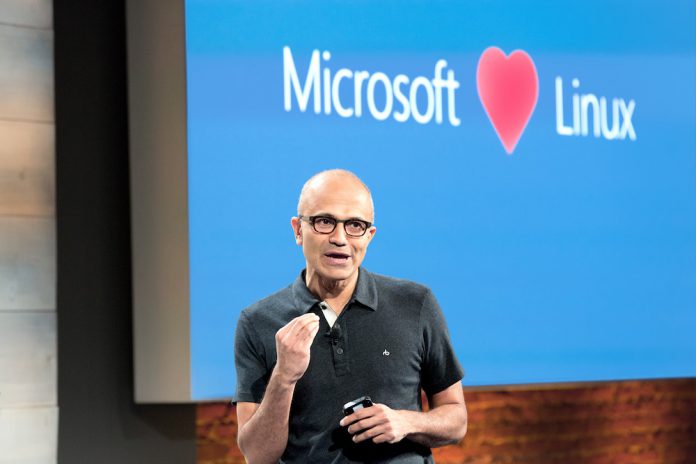At Build 2022 this week, Microsoft has confirmed it is bringing Linux XDP to its Windows platform. Coming through an open-source project known as XDP for Windows, the solution sees Microsoft finally join the XDP party.
If you're unfamiliar with Linux XDP, it is a networking project called eXpress Data Path (XDP) that provides high performance via low latency and high throughput. Microsoft's rivals such as Amazon and Google have already embraced the solution and helped with the ongoing development.
Microsoft's XDP for Windows is the company's first foray into the community. As Microsoft makes the contribution, the company says it wants to see XDP become a true cross-platform solution.
Even so, XDP for Windows is in its early stages and has major limitations. For example, it works just a network driver and placeholder user API. Microsoft says testing is ongoing but hopes the project will be ready for prototyping and previews in the near future.
Development
Furthermore, Microsoft is collaborating with other companies to bring support for XDP in MsQuic.
“We have also been partnering with swXtch.io, who are working on several high-performance applications leveraging XDP for Windows as part of their cloudSwXtch networking technologies for Azure.
Since it is open source, anyone can clone the repo and build XDP for Windows, or they can simply download the development kit from the latest build. XDP for Windows was built to be a generic network accelerator for many scenarios. We expect many different groups will be able to make use of it, including the financial sector, media, and defense.”
If you want to know more and take a look at XDP for Windows, the GitHub repository is here.
Tip of the day:
File History is a Windows back up feature that saves each version of files in the Documents, Pictures, Videos, Desktop, and Offline OneDrive folders. Though its name implies a primary focus on version control, you can actually use it as a fully-fledged backup tool for your important documents.






